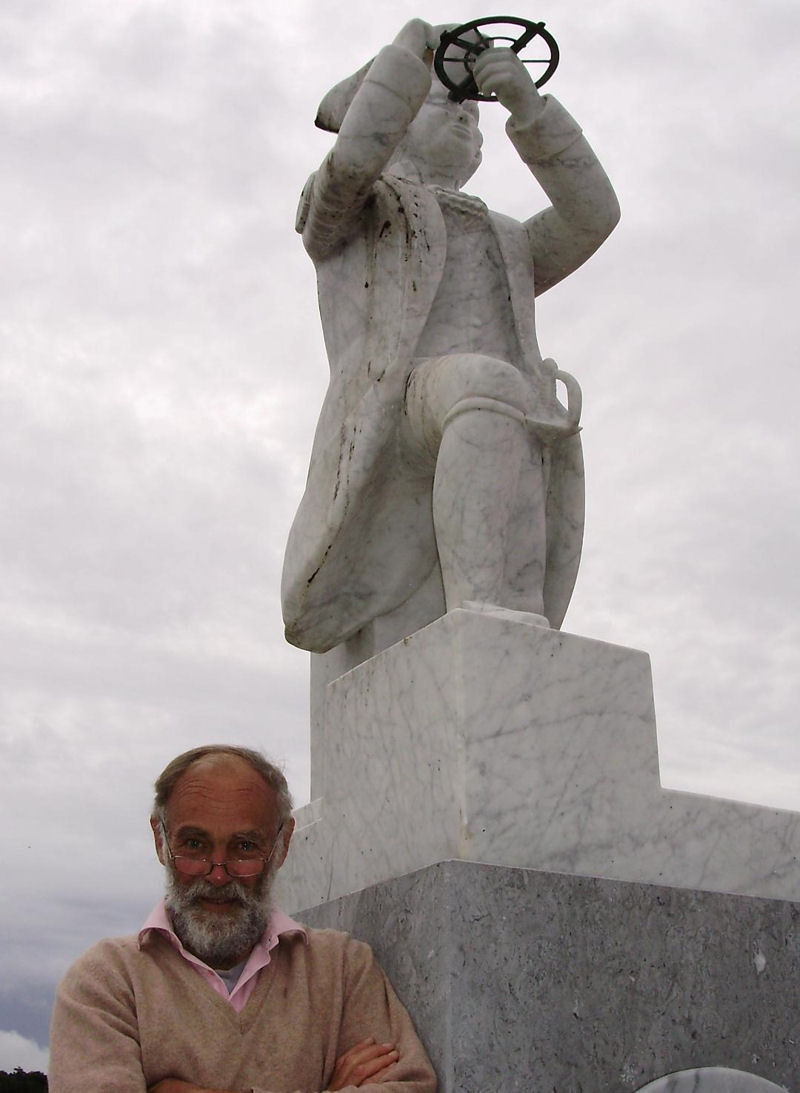2023-10 SNP elections: and the winner was ?
 Wednesday, March 29, 2023
Wednesday, March 29, 2023 SNP ELECTIONS
The first-round results counted only the 1st preferences.
|
Preferences |
% |
||
|
11 |
41 |
48 |
|
|
1st |
Ash |
Kate |
Humza |
The second round transferred only Ash’s votes: 7 to Kate and 4 to Humza. So Hamza won, 52% to Kate’s 48%. In effect, Ash’s 2nd preferences were key, while all the 2nd preferences of Kate and Humza were just ignored!
Maybe – we just don’t know – but maybe Kate, the 1st preference of 41%, was also the 2nd preference of 55%, and the 3rd preference of only 4%. While Humza, the 1st preference of 48%, was perhaps the 2nd preference of only 4% and the 3rd preference of 41%.
|
Preferences |
% |
|||||
|
11 |
41 |
48 |
||||
|
1st |
Ash |
Kate |
Humza |
|||
|
|
7 |
4 |
41 |
0 |
0 |
48 |
|
2nd |
Kate |
Humza |
Ash |
Humza |
Ash |
Kate |
|
3rd |
Humza |
Kate |
Humza |
Ash |
Kate |
Ash |
The rulers proposed by Jean-Charles de Borda in 1770 stipulate that:
in an election of n candidates (options), a voter may cast m preferences – so n > m > 1 –
and points shall be awarded to the
(1st, 2nd … nth)
preferences cast, according to the following
(m, m-1 … 1)
points. In which case, the count would be
|
Candidates |
(Preferences and) Points |
POINTS TOTAL |
||
|
1st |
2nd |
3rd |
||
|
Ash |
(11) 33 |
(41) 82 |
(48) 48 |
163 |
|
Kate |
(41) 123 |
(55) 110 |
(4) 4 |
237 |
|
Humza |
(48) 144 |
(4) 8 |
(48) 48 |
200 |
|
|
600 |
|||
and the winner would be Kate. The conclusion is that a voting procedure should always take all preferences cast by all voters into account.
 Deborda | Comments Off |
Deborda | Comments Off | 

